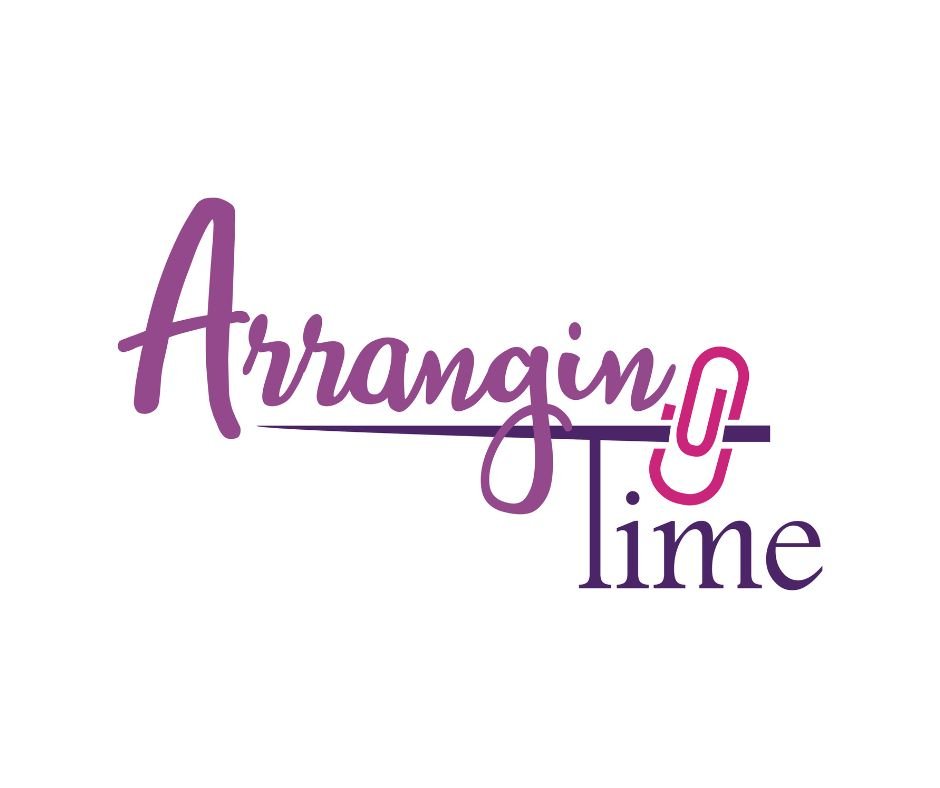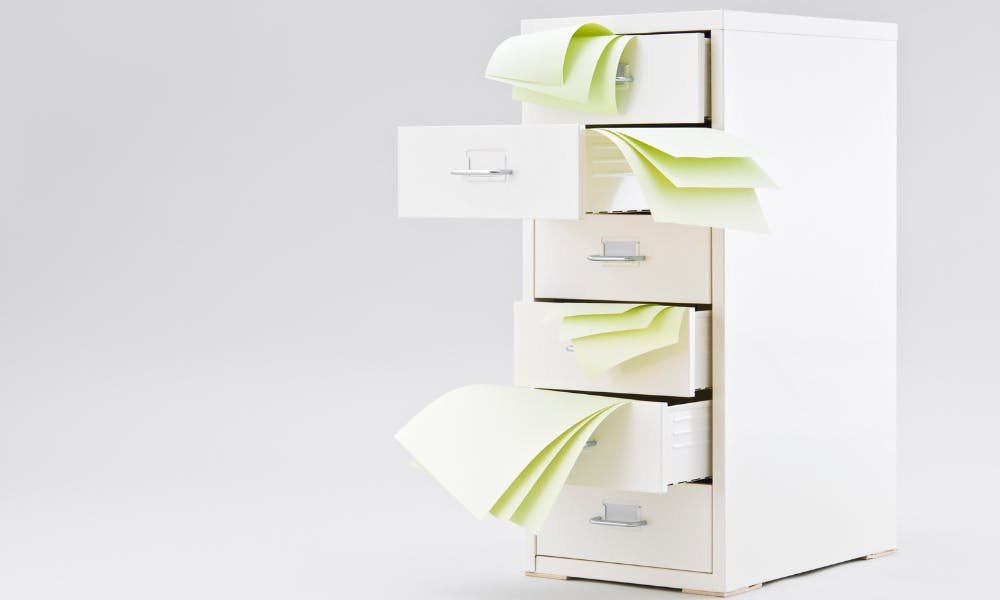5 Documents You Should Keep
These days, it can often seem like we are drowning in documents. Rather than getting rid of paper, the digital age just seems to produce more of it, and now we have files that are in print and digital, stored in multiple places!
Your business may have a document retention schedule, but do you know what documents you should be keeping at home? Generally speaking, there are five types of documents you should keep:
Vital and legal records
Tax documents
Estate planning documents
Bills, receipts, and financial statements
Medical records
Let’s review each to see what to keep, how long to keep them, and how to store them.
Vital and Legal Records
Vital and legal records are the primary documents that you need to have on hand. Examples include:
Birth certificates
Death certificates
Marriage license
Divorce decree
Pre-nuptial and post-nuptial agreements
Adoption records
Military service records
Property titles (home and vehicle)
Social security cards
Passports
Professional licenses
With all of these, you should keep the originals permanently, with the exception of property titles (you’ll sign these over when you sell the property) and expired passports that have been replaced (expired passports can still be used as proof of citizenship).
Vital and legal records are prime candidates for a home safe or a bank safe deposit box. You may also want to scan them to make digital copies for easy reference.
Tax Records
How long should you keep tax records? The Internal Revenue Service says that individuals actually only need to keep returns and related documents for three years. While they reserve the right to audit you for up to seven years, they don’t expect you to keep the documentation for more than three years. However, if you own a business, the IRS does recommend keeping documents for seven years.
One exception is home improvement documents. If you own a home, you may want to keep any home improvement documents until you sell, to show prospective buyers that you’ve maintained the home well. In addition, if you rent out the home, those home improvements may be tax deductible.
If you don’t want to keep all of this in paper, it is perfectly acceptable to scan and keep digital copies instead, if you prefer. In fact, Intuit, H&R Block, Jackson Hewitt, and other online tax services offer cloud-based storage for these types of documents. Just keep in mind that they have an annual fee to file your taxes, and if you don’t pay the fee one year, you won’t be able to access the documents. So you might be better off choosing your own cloud-based storage service, such as Dropbox, Google Drive, or the Apple iCloud.
Estate Planning Documents
There are generally three types of estate planning documents that you might want to keep on hand.
Wills
Wills are one of the few types of documents on this list where it is recommended that you keep a paper copy. (Others generally fall in the category of vital and legal records, above.) The reason to keep a paper copy of your will is that it is likely easier for your heirs to find the paper version than something stored online. But be sure to destroy older versions. You wouldn’t want your heirs to find an older version and stop looking, not knowing that you made changes later.
Trusts
Like wills, you should plan to keep a paper copy of any trusts you have set up, such as for a minor child. If you amend the trust, keep the amendment with the original.
Powers of Attorney
A power of attorney document gives someone the right to make decisions on your behalf, should you become incapacitated. These can be financial decisions, property decisions, or similar activities.
A health care power of attorney, lets you choose someone to make health care decisions for you in the future if you are no longer able to make these decisions for yourself. A living will is similar to a health care power of attorney, but it only applies if you have a terminal condition.
Either digital or paper copies of powers of attorney are acceptable.
With all estate planning documents, you’ll want to keep a copy for yourself (the home safe or bank deposit box is a good place to store them) and send one to the person who is designated as executor or power of attorney. It is also recommended to send estate planning documents to any family members in advance, so that they are not surprised. If they have concerns, they can talk to you while you are still able to address those concerns.
Bills, Receipts, and Financial Statements
This is one area where I see clients keep way more documentation than necessary. There is generally no need to keep physical copies of bills, receipts, or financial statements anymore, since most are available online. However, keep in mind that banks are only obligated to keep these documents for a certain number of years. If you are keeping records for tax purposes (above), you might want to check with your bank to see how long they keep electronic versions.
Some bills or receipts that you may wish to keep:
proof of payment, deposits, or other documents relating to a legal case
most recent year of utility bills, if selling your home
car maintenance records for prospective buyers
Medical Records
Here again, I see clients keeping a lot of medical records that they don’t need. You really don’t need records of every checkup or wellness visit. Focus on surgeries, major procedures, or chronic conditions. Keep the records only as long as the medical condition exists. Once that broken bone is healed and the bills are paid, you can get rid of those documents.
If you are a caregiver (for children, elderly parents, or others), I recommend creating or purchasing a medical binder. These documents can be found on Amazon, Etsy, or Pinterest. They come with templates that can help you:
track appointments and procedures
track medications and allergies
note symptoms or changes in condition
Having all this information in one binder makes it easy for you (or anyone in the family) to grab and go for appointments, knowing that you’ll have the information to share with the doctors.
Digital Storage
As you see, many of these documents can be stored digitally. There are a number of reputable online cloud storage services, including:
Apple iCloud
Google Drive
Microsoft OneDrive
Dropbox
Evernote
When choosing a storage service, choose a service that’s likely to endure and be sure to read the security and privacy policies. I know, I know, no one ever reads those. But in this case, you are storing sensitive information (social security numbers, date of birth, bank account numbers, and more), so it’s important to be sure that they are safeguarding your information. I strongly recommend choosing a service that offers two-factor authentication or multi-factor authentication for logging in. If you’re not familiar with the term two-factor authentication, it’s that annoying step where they send a code to your phone or email, or ask you to look up a code in a phone app to access your data. It’s an added security measure that is essential for storing private information. All of the services listed above offer two-factor authentication.
If you need help with organizing your paper or digital files, feel free to contact me for a free consultation. We can talk about your needs and how I can help.
To hear more about managing files, passwords, and photos, sign up for my online course, “Get Your Digital Life In Order!”


